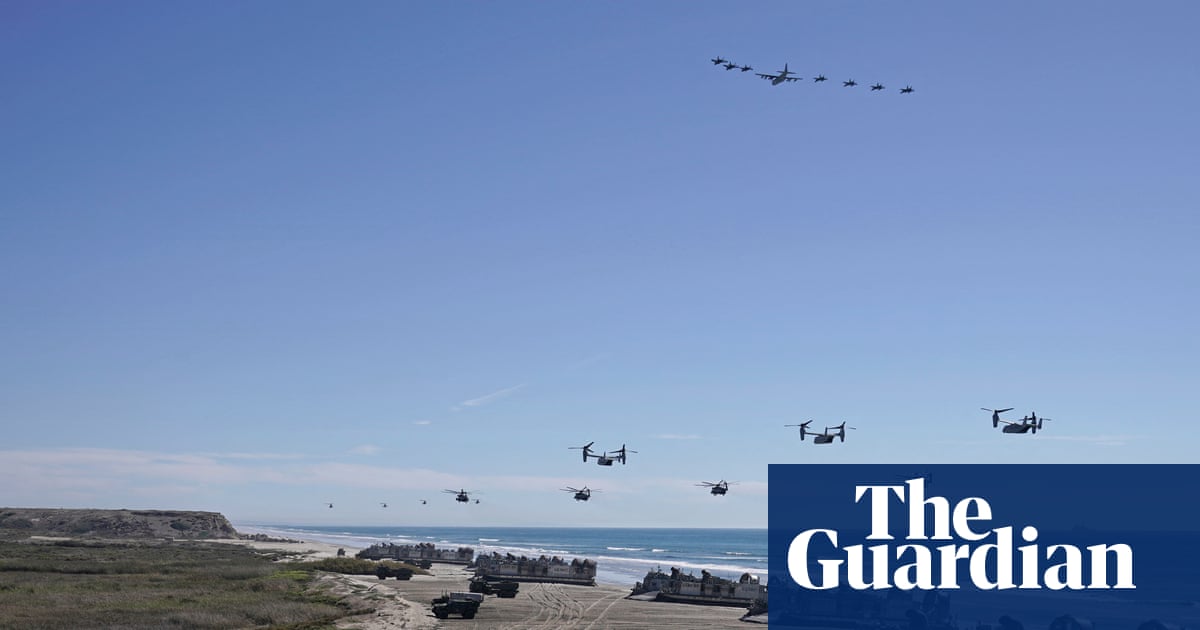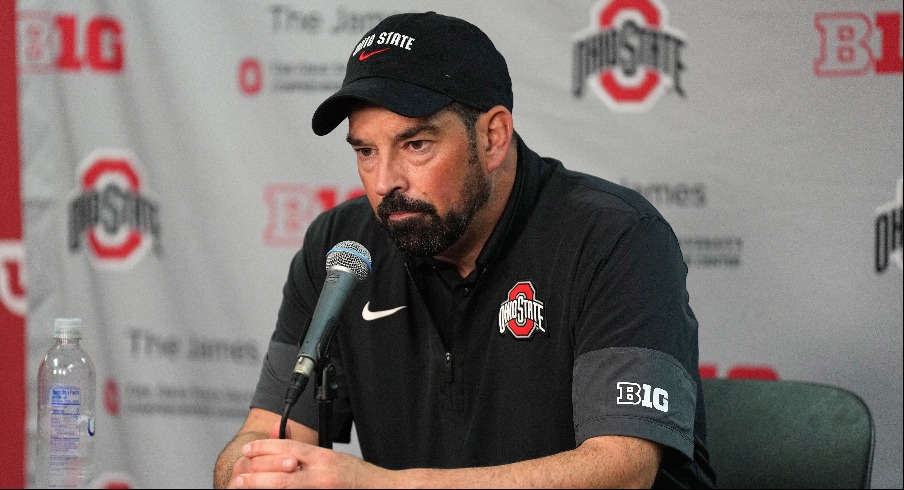American military warships are positioning themselves off the shores of Venezuela in what Pentagon officials are calling a counter-narcotics mission targeting Latin American cartels. The display of force has led President Nicolás Maduro to call up millions of workers, farmers, and fishers to serve as a bulwark to an unknown threat.
As many as eight missile destroyers and nuclear submarines are currently on patrol off Venezuela’s shores. The San Diego-based USS Lake Erie was spotted crossing through the Panama Canal on Friday night, while the USS Sampson was seen approaching the canal 12 days ago. It has since gone radio silent. The USS Gravely and USS Jason Dunham are already stationed in nearby Caribbean waters, while Reuters reports that the USS San Antonio, USS Iwo Jima, and USS Fort Lauderdale are all in theater, positioning an additional 4,500 service members, including 2,200 Marines.
“Our prayers are with the courageous men & women of our armed forces as they approach the coasts of #Venezuela!” Representative Carlos Gimenez of Florida, a member of the House Armed Services Committee and the Venezuelan Democracy Caucus, posted on X late Saturday with a loosely based illustration depicting American military positions.
The naval maneuvers, according to the Pentagon’s new chief of operations, Admiral Daryl Caudle, who was appointed to his post just a week ago, give President Trump and Secretary Pete Hegseth flexibility in their options, though he did not say what the military’s operations will be.
Mr. Trump has frequently said he wants to stop fentanyl and other narcotics traveling north from the region. He also views Mr. Maduro as a “narco-president” running a smuggling cartel dubbed the “Cartel of the Suns,” and in early August doubled the bounty on his head to $50 million. In April he designated a Venezuelan gang, Tren de Aragua, as well as MS-13 and six Mexican groups as foreign terrorist organizations.
After gaining power in 2013 following the death of Hugo Chavez, Mr. Maduro in 2015 stripped the opposition leadership in parliament of its powers and set up a parallel ruling body. He returned to office in 2018 in what several international bodies, including the Organization of American States and the European Union, called a sham election.
His second term commenced with an illegitimate election in July 2024 in which he declared himself the winner before any vote tally was announced. Mr. Maduro stands accused of extrajudicial killings, torture, and disappearances as well as corruption and embezzlement of billions of dollars through the theft of gold and other natural resources.
While Mr. Maduro’s ambassador to the United Nations, Samuel Moncada, appealed to the body’s secretary-general to declare the American naval buildup a threat to Venezuela’s sovereignty, at least two Caribbean nations, Trinidad & Tobago and Guyana, have reportedly offered support to America’s efforts in the region.
Last week Mr. Maduro sent 15,000 troops to the Colombian border in what he described as an effort to combat drug gangs and protect homeland security. Over the weekend, he “congratulated” as many as 4 million “patriots” for signing up on the “Great Enlistment Day of the Bolivarian Militia.”
“The cohesion of our popular forces has become an invincible historical bloc against any threat from U.S. imperialism and its fascist lackeys,” he wrote in a Telegram post. “Each enlisted man and woman represents the will of a people who do not surrender, who prepare, unite, and defend their sovereignty with dignity and courage.”
Even as Mr. Maduro represents his actions as a defensive endeavor, in Caracas unsubstantiated reports of invasion and a potential coup are swirling. Residents report increased military presence, barricades near the presidential palace, and an eerie familiarity to past experiences.
On Sunday, a senior associate at the Center for Strategic and International Studies’s Future of Venezuela Initiative, Antonio de la Cruz, described an appearance on state television by Mr. Maduro’s top general, Vladimir Padrino Lopez, in which he used similar language to Mr. Maduro’s in describing an impending threat from would-be imperialists, as “classic Chavismo” propaganda.
“The international community must not fall for this inverted heroic script. The enemy is not the U.S. The enemy is the impunity of a narco-state that hijacks the sovereignty of the Venezuelan people,” he wrote on X.
Source link


